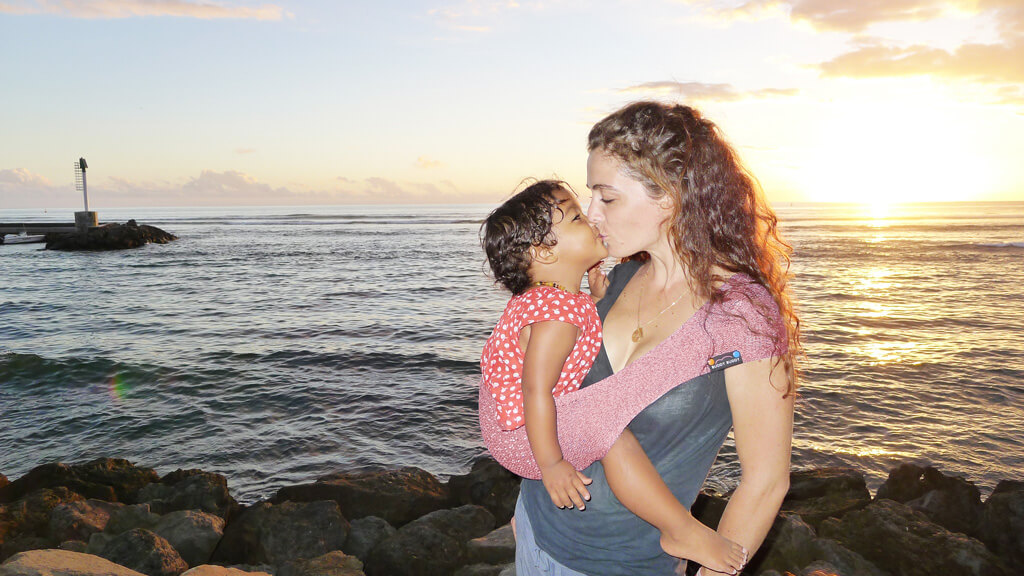You want to have a baby, or maybe you’re already pregnant. The trouble is that you have a disability. Being a parent is hard enough. If you have a physical disability, you may have difficulty picking up your baby or seeing or hearing them when they get into trouble. You may suffer fatigue and need help chasing around a toddler. People with disabilities are typically underemployed or in low-paying jobs and many face discrimination, adding a greater burden on yourself and your family. How do you deal with a baby and a disability at the same time? Here is some information on baby-proofing your home and preparing for life with baby, along with things to expect later on.
First and foremost, you need to babyproof your home. Go through your house at infant level, checking for safety issues near the floor. Cabinets and closets are appealing to crawlers, so everything toxic needs to be put up high or in cabinets with child-proof locks. Bathrooms and kitchens contain dangerous chemicals and appliances, so everything needs to be out of reach of little hands. Electrical sockets need to be covered, and sharp corners on tables or furniture need padding. Bathtubs should be skid-proof and have a padded faucet covering, along with a lower setting on the water heater. Electrical, drapery and blind cords need to be out of reach. Make sure furniture that baby might try to climb is not wobbly or is secured to a wall so it won’t topple.
Enticing things like toilets and trash cans should be covered at all times, with locks to keep baby from opening and reaching or falling into them. Pet supplies, knickknacks and house plants also need to be out of reach. Don’t use tablecloths or cook on the front burners of the stove, as both can be pulled over. Finally, move furniture away from windows so that little ones can’t climb up and fall out.
When your child is old enough to understand that mommy or daddy is different from other parents, you’ll need to explain your disability to them. They will want to protect you from their friends or other people who don’t understand, so help them develop appropriate responses to questions about your disability and how you all make it work.
If your disability is visible, people will tend to assume your child is helping you grocery shop or do other tasks when you’re out in public together, rather than realizing you’re taking them with you like any parent would in order to spend time with them. If you’ve practiced polite ways for your child to respond, they will be less likely to be uncomfortable when strangers stare. They will learn that your disability is not to be feared or worried about, which will help them to feel more secure when their friends ask about you. Doing normal things with your child like back-to-school shopping will be hectic enough without them feeling like they have to explain. If they’re accustomed to helping you with your disability and how it fits into your family life, they will be more comfortable dealing with those who may be uncomfortable around you.
If your disability makes it difficult to conceive and you’re planning on IVF treatment, know that there are several ways to save money for it. Some clinics offer military discounts or loans to cover the costs, or a shared risk program where you get a refund if you don’t have a baby. Not all costs are covered, but it can help if the treatment ends up not working for you. Some people raise funds through a GoFundMe or Kickstarter campaign, and others have worked with their insurance carrier to cover some of the costs. Finally, some people seek lower cost treatment centers in the US or abroad. If IVF is the route for you, don’t give up hope. According to Qunomedical, “The success and availability of in vitro fertilization have given hope to many infertile couples who have not been able to conceive. Since 1978, 5.4 million babies have been born worldwide with the help of IVF.”
Having a child when you have a disability is daunting, but that doesn’t mean you can’t do it. It may cost more and require more planning than if you didn’t have a disability, but you can do it with extra support and community resources. Technological and social advances have made it easier for women to function independently at work and at home, even with disabilities. If having a child is your goal, you can work toward that. With the support of your family and determining what social services are available to you, you can make your dream of parenthood come true.
Ashley Taylor

